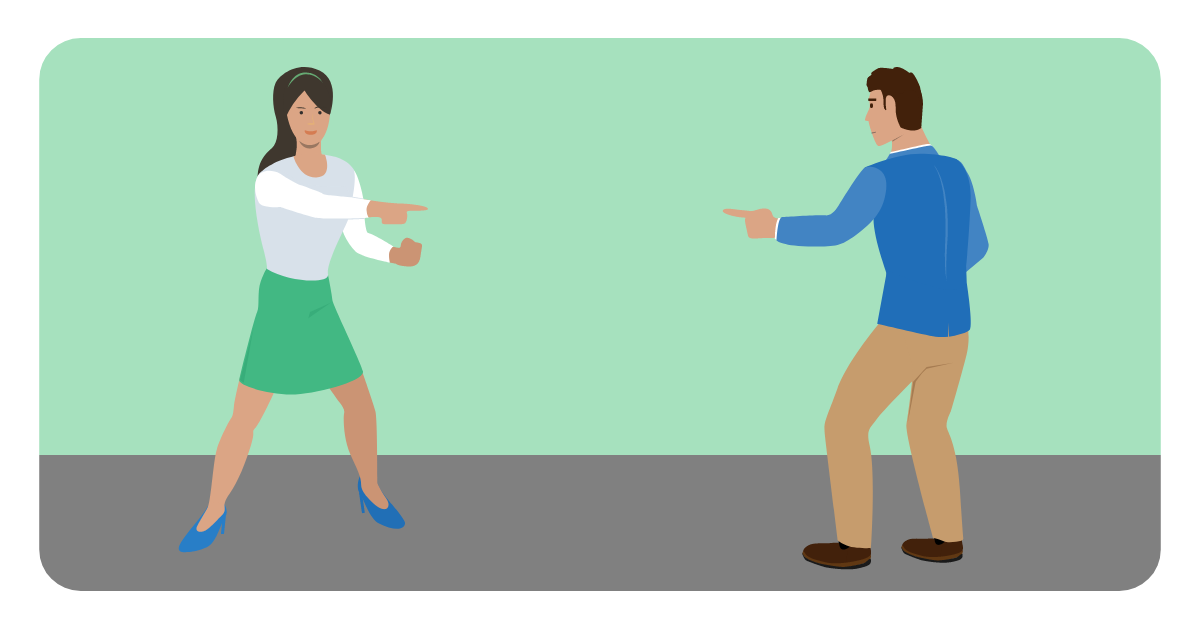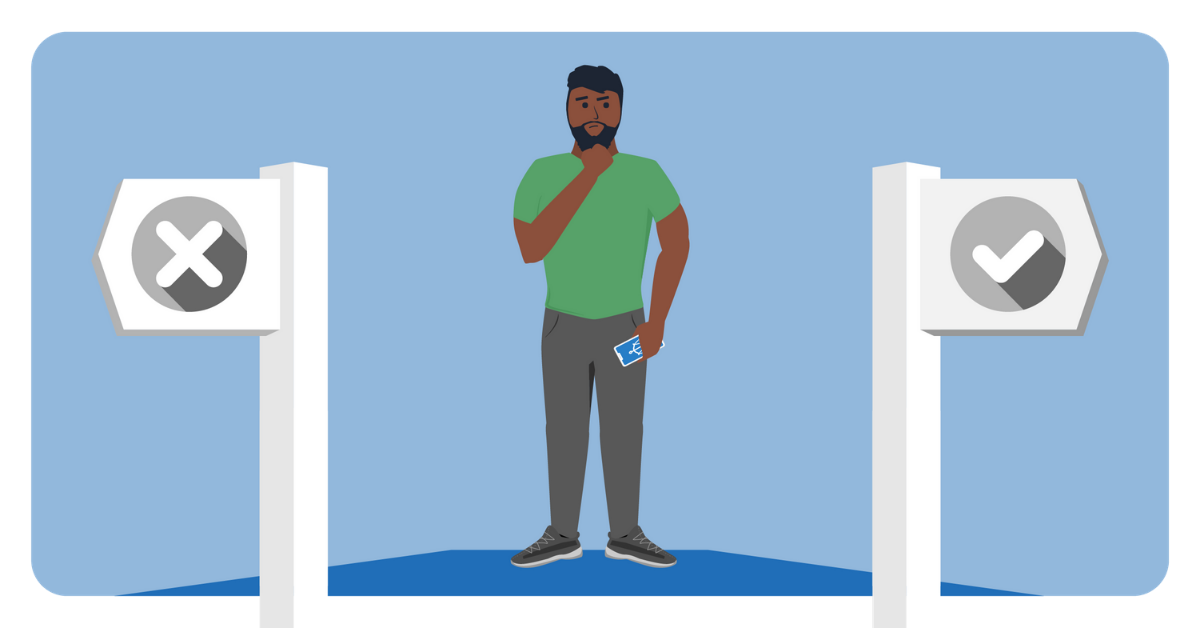What is the Difference Between an Attorney and a Lawyer?

If you have found yourself in a situation where you may need legal advice, you may consider hiring an attorney. Or… a lawyer?
As you begin to research legal services and law firms, you might notice that some places use the term attorney, while others use the term lawyer. What is the difference? Is this something you will need to consider as you figure out who to speak to? Today, we are going to discuss attorneys, lawyers, and any other term in between.
Usually, you will see the term lawyer and attorney used interchangeably. The two words are exchanged by firms, people, attorneys, and lawyers themselves. However, many may not be aware that there actually is a difference between the two.
Lawyer vs. Attorney
Let’s take a brief step back. In order to become a lawyer or an attorney, you have to go to law school.
The post-undergraduate program takes an average of three years. It is filled with classes that range across different areas of law. At the end of law school, law students graduate and go on to take the bar exam. The bar exam is an examination given twice a year by the state. Law students must pass the bar exam in the state they want to work in order to practice law. After passing the bar exam, and ethics exam, filling out paperwork, and paying a fee, you can be admitted to the state bar. This is essentially your license to practice law. It means you can appear in court and act on a client’s behalf in legal proceedings. At this point, a person can add “Esquire” to the end of their name. In email signatures, the abbreviation “Esq.” may appear, indicating that this person is licensed to practice law.
The license to practice law is where we find the difference between a lawyer and an attorney. The term “attorney” is actually short for “attorney-at-law.” An attorney is a member of the legal profession and they are qualified and licensed to act on a client’s behalf. Attorneys have passed the bar exam and are licensed to practice in their jurisdiction.
Lawyers, on the other hand, are people who have only been educated in the law. In order to be a lawyer, you don’t have to take the bar exam. This means that law students are technically lawyers once they graduate even if they don’t take the bar exam. The bar exam, while most lawyers take it, is an optional exam.
“If you need legal advice, the most important thing is to find a legal professional who has the expertise to help you.”
The Key Takeaway
What is the bottom line? An attorney-at-law can be a lawyer, as both are educated in the law. A lawyer is not necessarily an attorney-at-law if they have not taken the bar exam and gotten their license to practice. While this is the case technically, in the United States, the terms are often used interchangeably.
In fact, the LegalQ platform uses the term interchangeably, as well.
This means that while you are searching for legal help, you shouldn’t necessarily be put off if someone uses the word “lawyer” to describe themselves.
It is also important to note that some areas of law do not require you to be in court. Having a will drawn up, for instance, can be done in an office and a lawyer could suffice. The probate of the will in court, however, would need an attorney.
So who can give me legal advice?
Whether you need a lawyer or an attorney depends on your case and the area of law, but the most important thing is to talk to a legal professional who has the expertise that can help you.
For instance, if your brother in law is a corporate lawyer and you ask him about something like a criminal defense case, there is a really good chance he won’t be able to help you because it’s not his area of expertise.
At LegalQ, we connect users who have legal questions in these primary areas of law:
- Debt & Bankruptcy Law
- Business or Corporate Law
- Criminal Defense (includes DUI/DWI)
- Employment & Labor
- Family & Divorce
- General Practice
- Immigration Law
- Intellectual Property
- Landlord-Tenant
- Personal Injury
- Probate & Trust Law
- Real Estate Law
- Social Security Disability Law
- Tax Law
Connect with an attorney licensed in your state with expertise in your legal area of need.
Note: All LegalQ attorneys are licensed in at least one state.
If you don't know where to start, consider LegalQ. LegalQ is a mobile app that matches you with an attorney who can answer legal questions that you may have. A LegalQ attorney can answer your questions and enable you to figure out your next steps with confidence.
Use LegalQ to talk to an attorney. Download the FREE mobile app now >>>




